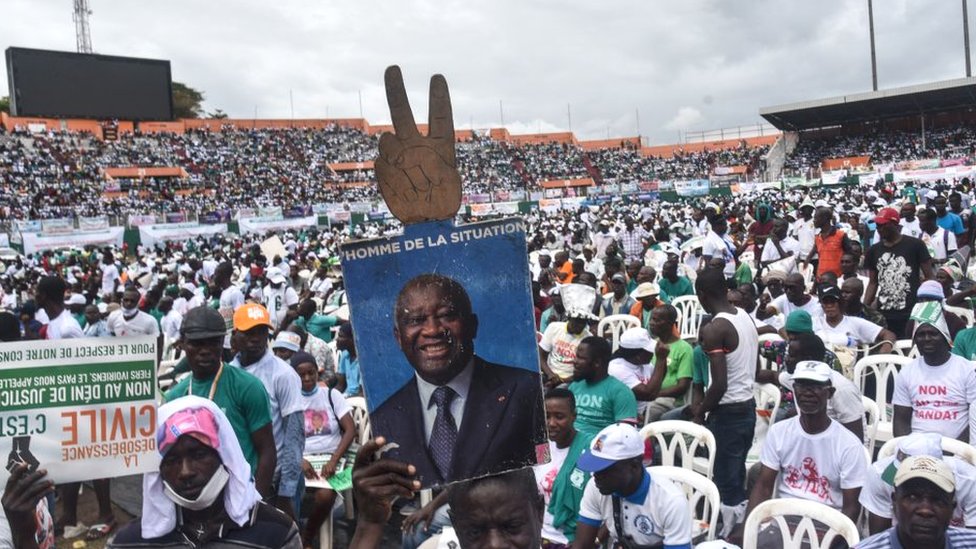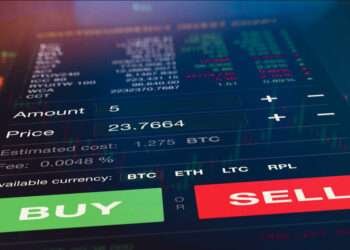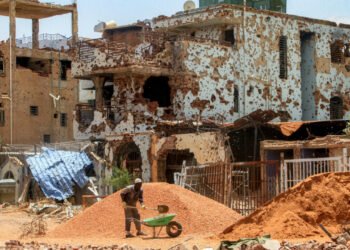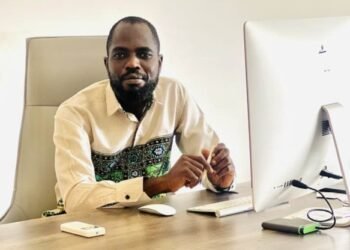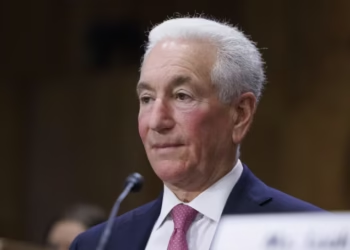The party of former Ivory Coast President, Laurent Gbagbo has said it is ending a 10-year boycott of elections, a move coinciding with efforts to end a prolonged political crisis.
“The Ivorian Popular Front (FPI) … will take part in legislative elections” due in the first quarter of 2021, the party announced in a statement following a meeting of its central committee.
The party promised to “give itself the means to win” the vote and would work with other opposition parties.
The announcement coincides with moves to scale down a prolonged crisis sparked by President Alassane Ouattara’s decision to seek a third term – a move the opposition branded unconstitutional.
President Ouattara, 78, won the October 31 vote by a landslide as every major opposition candidate boycotted the polls. Opposition groups said he violated the constitution, which limits presidents to two terms.
President Ouattara, however, maintained that the approval of a new constitution in 2016 allowed him to restart his mandate.
When he was declared the winner, the opposition cried foul and announced a rival, “transitional government” in protest.
Several opposition leaders were arrested, with legal proceedings over “sedition” launched against them. Pre- and post-election violence has reportedly killed at least 85 since August.
Gbagbo, 75, was overthrown in 2011 after refusing to concede defeat to President Ouattara in presidential elections, triggering violence that claimed approximately 3,000 lives.
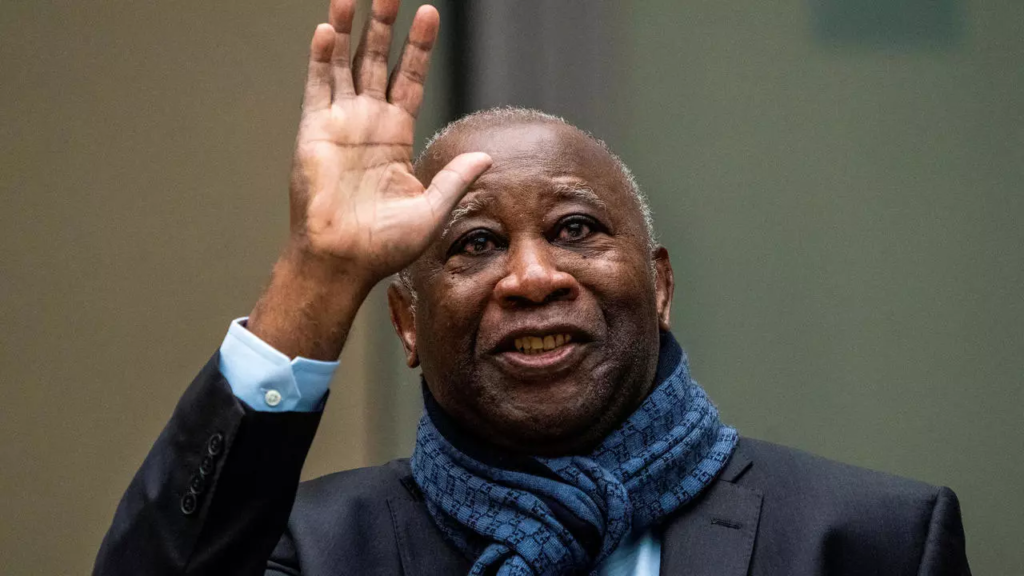
Mr Ouattara’s camp has recently held talks with the opposition, and the president himself has offered an olive branch to his erstwhile rival.
Gbagbo and his former right-hand man, Charles Ble Goude, 48, were tried on charges of crimes against humanity by the International Criminal Court (ICC) in The Hague.
They were acquitted in 2019, and remain free pending the outcome of an appeal. Gbagbo is currently in Brussels.
The FPI, which was in power under Gbagbo from 2000 to 2010, had boycotted all elections after its chief was arrested in 2011 and transferred to the ICC.
The party’s secretary-general, Assoa Adou, told reporters, “Most of the members are willing to take part in the elections and president Gbagbo is in favour.”
The party is split into a pro-Gbagbo faction and another headed by his former prime minister, Pascal Affi N’Guessan. Mr N’Guessan and several other opposition leaders are in custody on charges of treason for seeking to set up a “transitional” government after the elections.
On December 4, Gbagbo’s lawyer said he had obtained an ordinary passport and a diplomatic passport from the Ivorian authorities and planned to return home this month.
Political analyst, Rodrigue Kone said the FPI’s announcement was “very good news for democracy” in the Ivory Coast.
“The return of the FPI, the country’s most combative party, the most popular among people and the best able to mobilise supporters, will create strong competition” in the elections, he said.
“It’s going to reshape the political arena.”
Another analyst, Sylvain N’Guessan, added that the legislative elections would be seen by the FPI as a stepping stone to the next presidential ballot, due in 2025.
“What’s at stake in this electoral return is for the party to reconquer its strongholds in the south, west and east of the Ivory Coast, so that it can position itself as the No. 1 opposition party,” he said.

